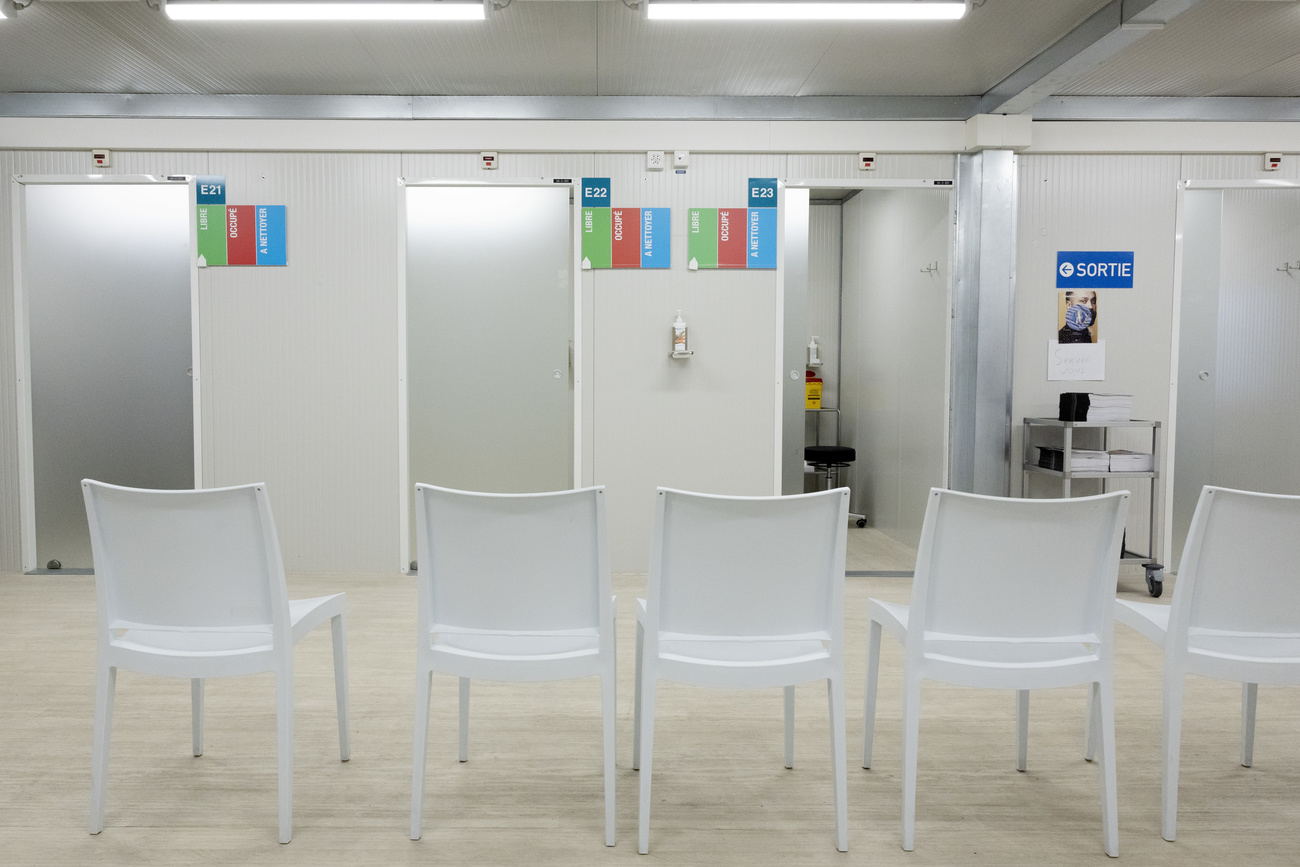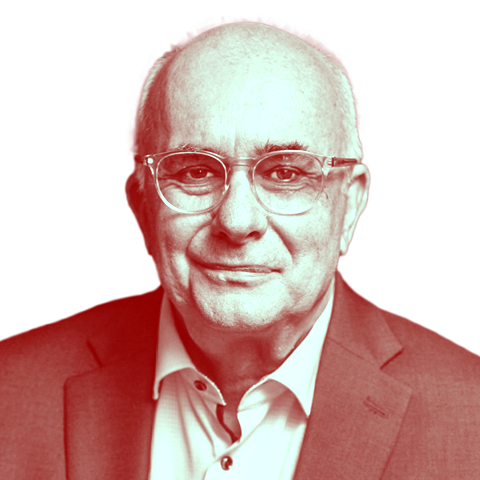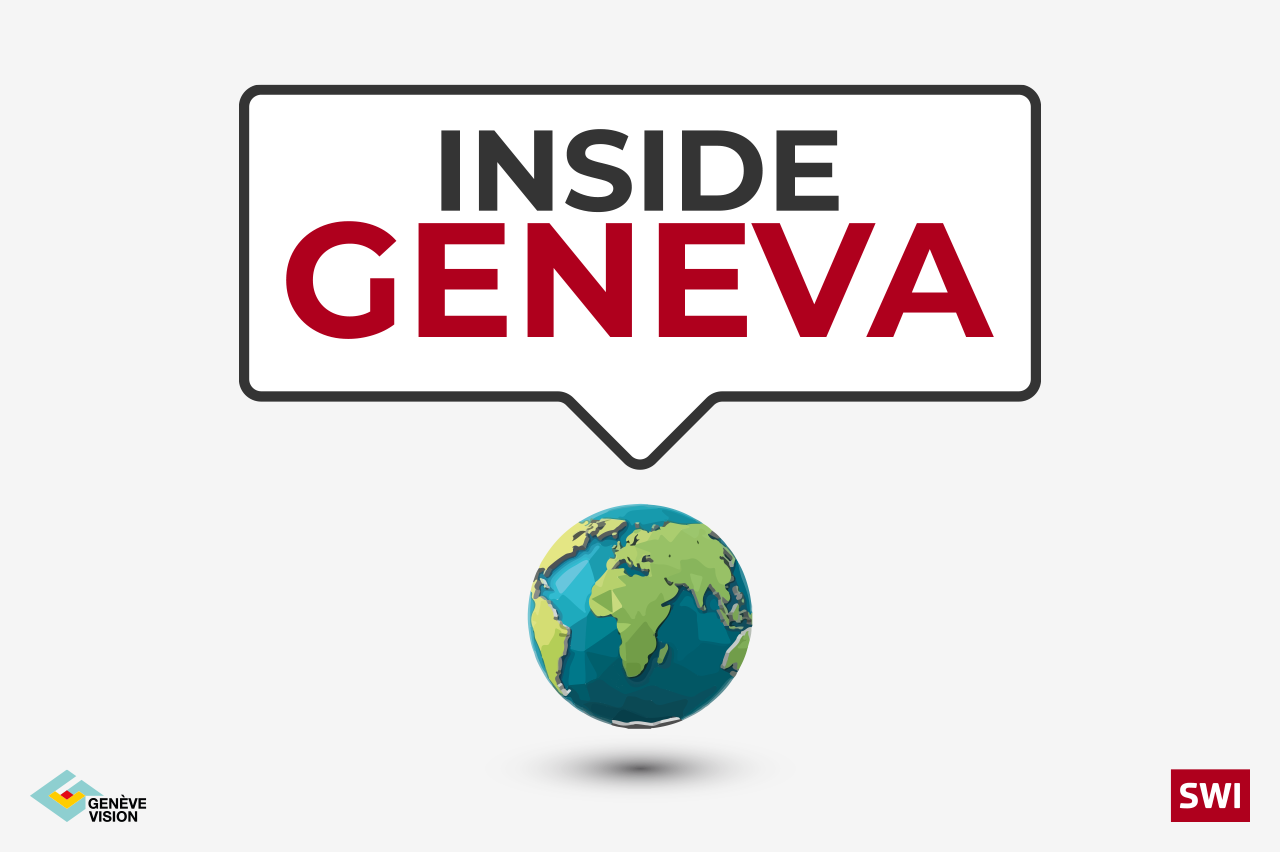
Global public health governance: The way forward in the times of Covid
In just a few months the Covid-19 pandemic has upended the world as we know it. An unprecedented humanitarian crisis on a global scale, Covid-19 has ushered in a new era that calls for global solidarity and major revision of the way we manage global public health events.
This crisis underscores the interconnectedness of our global world. Mother earth is one interdependent community – with all of humanity as its citizens. Not taking care of our fellow humans is no longer an option. Your individual health is now linked to everyone else’s health and we can no longer solve global health issues of concern to citizens everywhere at country level. The only solution is a collective engagement to reduce risks and create collective security. Our health, our lives, depend on it.
Dr. Gilles Poumerol, MD, MSc is a public Health International expert. He was on the staff of WHO for 30 years working on epidemics, pandemics and International Health Regulations (IHR). He is currently associate fellow at the Centre for Security Policy in Geneva (GCSP).
The world now has sufficient scientific knowledge to identify risks and foresee many of the challenges ahead. We can identify what needs to be done in order to mitigate or even eliminate many risksExternal link. Even so, the current geopolitical context made for dramatic delays in the detection of this emerging infection, the subsequent declaration of a global alert, and the correct response.
This is because no effective collective security mechanism exists today. The current international institutions were designed for a different world. The Covid crisis is exceeding their political and operational capacities. They are overwhelmed and cannot meet the needs of humanity as they stand now.
For example, while the World Health Organization (WHO) remains the leader in international public health, it has insufficient capacity, it is controlled by its member states and so subject to political influence, and it can only issue recommendations. It cannot enforce its rules, regulations and technical guidance – its aspirations and declarations are adopted but often not implemented.
We need to start from a new mindset and ensure that together we can respond to major public health events. We need capacities for detection, alert and equitable response everywhere and these must be rigorously monitored.
We need to yield some public health sovereignty to a supranational institution with legitimacy and political balance, one that doesn’t rely on the state as the supreme international actor.
Putting in place a non-partisan global health governance would serve everyone and set the stage for a better protected world. To minimize the focus on personalities and to draw on a diversity of competencies, power could be held collectively, rather than individually, and would involve a broad range of partnersExternal link, including governments, NGOs, the private sector, foundations, and the security sector. It will be critical to put in place checks and balances against various abuses of power as well as new technologies and new mechanisms of governance with public participation. Operating under the rule of international law, with binding obligations on states, this new initiative will need to have an independent power of enforcementExternal link and a budget of at least $30 billion per year.
Specifically, this initiative could have as its primary goals the following:
- Ensure that essential health systems are available everywhere and accessible to even the most vulnerable populations;
- Ensure compliance with the legally binding International Health regulations (IHR), which guarantee preparedness, reporting, sharing and appropriate response to public health events;
- Set up a system for detection and alert of emerging or re-emerging public health events that will be independent of political and economic or business interference, including a “global emergency number” with direct reporting of communities, regional or state levels;
- Ensure the rapid deployment of field response anywhere in the world in the event of suspected public health emergencies;
- Control and fund research as well as production, storage and equitable distribution of public health goods, such as vaccines, protective equipment, or treatments for major potential global public health events, ensuring independence from the market economy and a focus on those most at risk from the disease;
- Strictly monitor countries’ adherence to international health regulations and implementation of preparedness;
- Enforce implementation of norms and standards through a variety of means and impose sanctions on states not complying with essential actions to protect humanity.

More
Coronavirus: the situation in Switzerland

In compliance with the JTI standards
More: SWI swissinfo.ch certified by the Journalism Trust Initiative








































